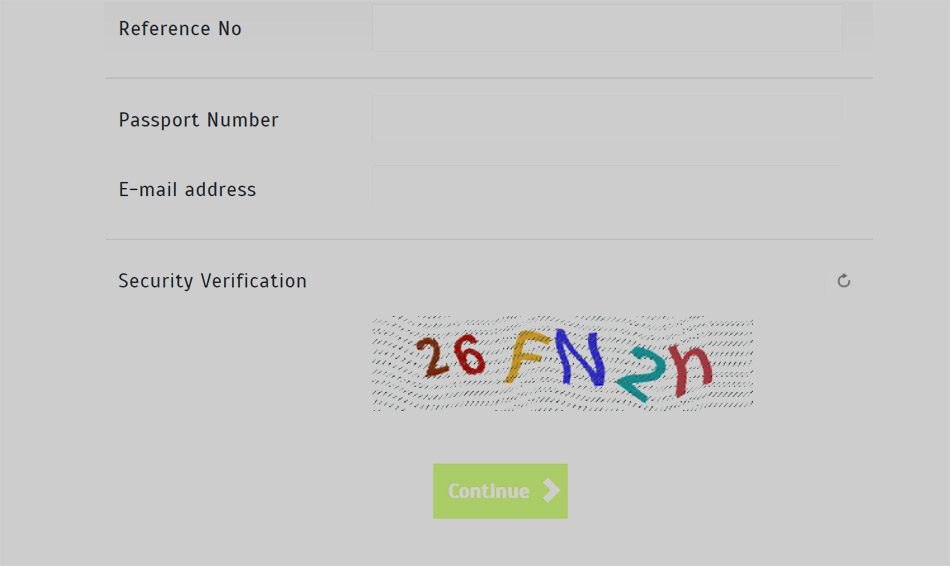Bordered by eight nations on all sides, Turkey is a transcontinental country characterized by its mountainous regions and Mediterranean beaches. The country’s rich and long history dates back to the 2nd millennium BC and, over the centuries, was ruled by multiple empires, most notably the Ottomans and the Romans. Today, Turkey is the 18th most populous country in the world, with a population that exceeds 80 million. And its historical sites, such as Istanbul, Pamukkale, and Ephesus, have been some of the leading tourist destinations across the globe.
Turkey’s mixed-market economy mainly depends on its services sector, which accounts for over 60 per cent of the country’s GDP (Gross Domestic Product). On the other hand, the industrial and agricultural sectors account for close to 40 per cent of the nation’s GDP. However, the declining value of the Turkish Lira in recent years has prompted the country to experience one of the highest inflation rates in years, which is currently at a record-breaking 47 per cent (as of July 2023). With that being said, if you are planning to visit Turkey and have applied for a visa beforehand, then our in-depth guide can help you know its current status without much fuss.
Steps to Check Visa Status Online

According to the Government of the Republic of Turkey, a visa or an e-visa is required to obtain permissible entry into the country and also make further travel within it. Currently, e-visas are only granted electronically through the official website, where applicants are required to state their passport information (or any other travel document) to complete the application process. And even though the validity of a Turkish e-visa is 180 days, your actual stay should not extend beyond 30 days.
It should be known that e-visas are only granted for trade and tourism purposes. If you wish to stay beyond the usual 30-day limit within the country, you must apply for a residence permit at the nearest Provincial Directorate of Migration Management. Applications for other types of visas must be submitted to Turkish consulates or embassies. Lastly, if you overstay your visa, there is a possibility that you may be penalized, banned (for a specific period), or deported to your country of origin. To check your visa application status right away, follow the necessary steps mentioned below.
- Begin the application status-checking process by heading over to the official website here.
- On the landing page, state your reference number, passport number, and email address – which were used to apply for the Turkish visa. You can find your reference number in the email that was sent to you after filling out your e-visa application form, which will be a combination of numbers and alphabets.
- Once done, enter the security verification code and then click on “Continue”.
- After that, the current status of your visa application will be shown on your screen immediately.
How to Contact For Help?
The ideal way to get in touch with the Turkish authorities regarding your electronic visa application is to contact them via the official “Contact Us” web page here. Ensure that you state your name, email address, country/region, your travel document or passport number, and the feedback/inquiry that you want to share/ask. Expect a follow-up reply from the visa authorities shortly.
Overview of Visas Available

Depending on the purpose of travel, the Government of the Republic of Turkey has introduced multiple visa types that applicants can choose from. Thus, it is crucial that you obtain a thorough idea of the visa types before applying for one. To learn about them, simply go through the below-mentioned list closely.
Tourist Visa: Individuals who are looking to visit Turkey for tourism – either on personal grounds or professional grounds, such as receiving an invitation from an organization/company or have – must apply for a tourist visa. Additionally, the applicant should also have sufficient funds to complete the tour and return to his/her country of origin.
Business Visa: Travelers who are looking to conduct business-related transactions in Turkey have to apply for a business visa. By using this type of visa, applicants can attend conferences or meetings, invest in or explore business opportunities, and take part in legally allowed business activities. Keep in mind that a business visa does not allow any permission for work or labor.
Work Visa: If your main purpose for visiting Turkey is to obtain employment or have been recognized as a sportsperson, artist, journalist, or an assigned academic, then you must apply for a working visa.
Education/Study Visa: Individuals, especially students or scholars, who are planning to visit Turkey on account of attending an educational course, completing an internship, or for any other educational reasons, should apply for a student or educational visa.
Transit Visa: The Turkish transit visa allows travelers to smoothly transit through the country to reach their third or final destination in their travel route. It also allows applicants to visit the country, and the maximum stay period is between 30 and 90 days.
Other Types Of Visas: Visas that do not fall under any of the previously-mentioned categories, such as for documentary purposes, exploration purposes, medical treatment purposes, tour operator representatives, family unification purposes, etc., will be included in this category.
Apart from the above-mentioned categories, Turkey also issues residence permit visas such as short-term residence permits, residence permits for victims of human trafficking, family residence permits, student residence permits, long-term residence permits, and humanitarian residence permits.

